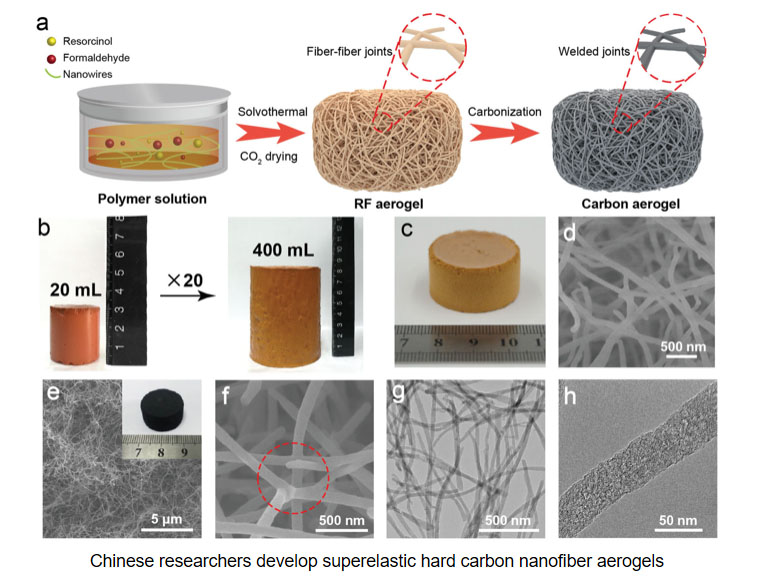
-
 Afrikaans
Afrikaans -
 Albanian
Albanian -
 Amharic
Amharic -
 Arabic
Arabic -
 Armenian
Armenian -
 Azerbaijani
Azerbaijani -
 Basque
Basque -
 Belarusian
Belarusian -
 Bengali
Bengali -
 Bosnian
Bosnian -
 Bulgarian
Bulgarian -
 Catalan
Catalan -
 Cebuano
Cebuano -
 China
China -
 China (Taiwan)
China (Taiwan) -
 Corsican
Corsican -
 Croatian
Croatian -
 Czech
Czech -
 Danish
Danish -
 Dutch
Dutch -
 English
English -
 Esperanto
Esperanto -
 Estonian
Estonian -
 Finnish
Finnish -
 French
French -
 Frisian
Frisian -
 Galician
Galician -
 Georgian
Georgian -
 German
German -
 Greek
Greek -
 Gujarati
Gujarati -
 Haitian Creole
Haitian Creole -
 hausa
hausa -
 hawaiian
hawaiian -
 Hebrew
Hebrew -
 Hindi
Hindi -
 Miao
Miao -
 Hungarian
Hungarian -
 Icelandic
Icelandic -
 igbo
igbo -
 Indonesian
Indonesian -
 irish
irish -
 Italian
Italian -
 Japanese
Japanese -
 Javanese
Javanese -
 Kannada
Kannada -
 kazakh
kazakh -
 Khmer
Khmer -
 Rwandese
Rwandese -
 Korean
Korean -
 Kurdish
Kurdish -
 Kyrgyz
Kyrgyz -
 Lao
Lao -
 Latin
Latin -
 Latvian
Latvian -
 Lithuanian
Lithuanian -
 Luxembourgish
Luxembourgish -
 Macedonian
Macedonian -
 Malgashi
Malgashi -
 Malay
Malay -
 Malayalam
Malayalam -
 Maltese
Maltese -
 Maori
Maori -
 Marathi
Marathi -
 Mongolian
Mongolian -
 Myanmar
Myanmar -
 Nepali
Nepali -
 Norwegian
Norwegian -
 Norwegian
Norwegian -
 Occitan
Occitan -
 Pashto
Pashto -
 Persian
Persian -
 Polish
Polish -
 Portuguese
Portuguese -
 Punjabi
Punjabi -
 Romanian
Romanian -
 Russian
Russian -
 Samoan
Samoan -
 Scottish Gaelic
Scottish Gaelic -
 Serbian
Serbian -
 Sesotho
Sesotho -
 Shona
Shona -
 Sindhi
Sindhi -
 Sinhala
Sinhala -
 Slovak
Slovak -
 Slovenian
Slovenian -
 Somali
Somali -
 Spanish
Spanish -
 Sundanese
Sundanese -
 Swahili
Swahili -
 Swedish
Swedish -
 Tagalog
Tagalog -
 Tajik
Tajik -
 Tamil
Tamil -
 Tatar
Tatar -
 Telugu
Telugu -
 Thai
Thai -
 Turkish
Turkish -
 Turkmen
Turkmen -
 Ukrainian
Ukrainian -
 Urdu
Urdu -
 Uighur
Uighur -
 Uzbek
Uzbek -
 Vietnamese
Vietnamese -
 Welsh
Welsh -
 Bantu
Bantu -
 Yiddish
Yiddish -
 Yoruba
Yoruba -
 Zulu
Zulu
grp scrubber
Understanding GRP Scrubbers Essential Tools for Sustainable Shipping
The maritime industry is undergoing a significant transformation as it navigates the challenges posed by environmental regulations and the pressing need for sustainable practices. One essential technology that has emerged in this context is the GRP scrubber, a pivotal component in the fight against marine pollution. This article explores the workings, benefits, and regulatory landscape surrounding GRP scrubbers, highlighting their role in promoting greener shipping practices.
What is a GRP Scrubber?
GRP stands for Glass Reinforced Plastic, a composite material known for its strength and durability. When applied to the design of scrubbers, GRP offers a lightweight and corrosion-resistant solution for treating exhaust gases from ships. A scrubber is a device designed to remove harmful pollutants from exhaust emissions, primarily sulfur oxides (SOx). By treating exhaust before it is released into the atmosphere, GRP scrubbers play a crucial role in reducing the environmental impact of maritime operations.
How Do GRP Scrubbers Work?
GRP scrubbers operate through a chemical process called scrubbing, which involves several stages. First, the exhaust gases from the ship's engine are channeled into the scrubber system. Inside, the gases come into contact with a scrubbing liquid—often seawater or a caustic solution—which absorbs harmful pollutants.
The process typically consists of three main components the contact chamber, where gas and liquid interact; the separator, which removes the scrubbed liquid; and the slop tank, where wastewater is stored before disposal. By utilizing GRP in their construction, these scrubbers can withstand the corrosive nature of the scrubbing liquids and the marine environment, ensuring reliable performance and longevity.
Environmental and Economic Benefits
grp scrubber

The adoption of GRP scrubbers brings forth numerous environmental benefits. By effectively reducing SOx emissions, these systems help shipping companies comply with the International Maritime Organization's (IMO) Sulfur Cap regulations, which limit the sulfur content in marine fuel. This compliance is not only essential for legal operations; it also contributes to a reduction in acid rain and the overall pollution of our oceans.
From an economic perspective, GRP scrubbers present a cost-effective solution for shipowners. While the initial investment in scrubber technology can be significant, the long-term savings accrued from reduced fuel costs—due to the use of lower-sulfur fuels—can outweigh the upfront expenses. Additionally, vessels equipped with scrubbers may benefit from increased marketability, as they are viewed as more environmentally friendly.
Regulatory Landscape
The regulatory framework surrounding emissions from ships continues to evolve, reflecting a global commitment to sustainability. The MARPOL Annex VI regulations outline the standards for air pollution from ships, including limits on SOx emissions. As more regions enforce stricter regulations, the role of GRP scrubbers becomes increasingly relevant.
In fact, many shipping companies see the installation of scrubbers as a strategic move to future-proof their fleets. By investing in this technology now, they are positioning themselves to meet current and upcoming environmental standards, ensuring smooth operations in an ever-tightening regulatory environment.
Conclusion
As the shipping industry steers towards a more sustainable future, GRP scrubbers stand out as vital tools in this transformation. Their ability to reduce harmful emissions while offering economic advantages makes them an attractive option for shipowners looking to comply with international regulations and enhance their environmental credentials. As technology continues to advance and regulations tighten, GRP scrubbers will undoubtedly play a crucial role in making global shipping greener, safer, and more responsible. By embracing these innovations, the maritime sector can contribute significantly to preserving the health of our oceans and the planet.
Latest news
-
Exploring the Benefits of Top Hammer Drifter Rods for Enhanced Drilling PerformanceNewsJun.10,2025
-
High-Precision Fiberglass Winding Machine for GRP/FRP Pipe Production – Reliable & Efficient SolutionsNewsJun.10,2025
-
FRP Pipes & Fittings for Shipbuilding - Corrosion-Resistant & LightweightNewsJun.09,2025
-
Premium FRP Flooring Solutions Durable & Slip-ResistantNewsJun.09,2025
-
Premium Fiberglass Rectangular Tanks Durable & Lightweight SolutionNewsJun.09,2025
-
Tapered Drill String Design Guide Durable Performance & UsesNewsJun.09,2025









